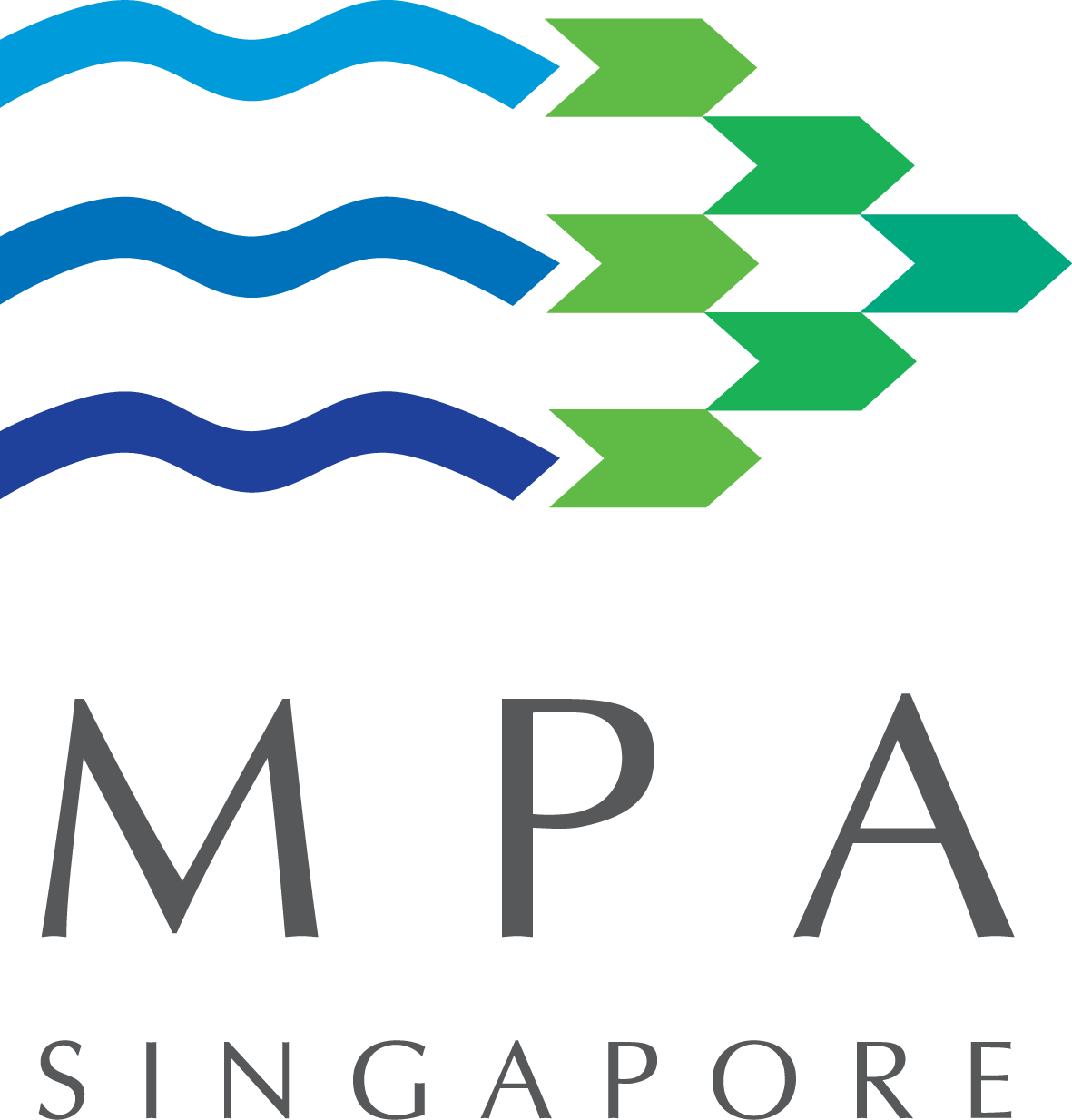Singapore Accedes To the International Convention on Oil Pollution Preparedness, Response and Co-Operation, 1990 (OPRC Convention)
Singapore has become a party to the International Convention on Oil Pollution Preparedness, Response and Co-operation, 1990 (OPRC Convention). The Instrument of Accession to the OPRC Convention was deposited with the International Maritime Organisation (IMO), which is the depository for the Convention, on 10 March 1999. The OPRC Convention will enter into force for Singapore on 10 June 1999.
Following the "Exxon Valdez" incident which occurred in 1989, the IMO adopted the OPRC Convention in 1990 in recognition of the serious threat posed to the marine environment by oil pollution incidents involving ships, seaports and oil handling facilities. The Convention came into force internationally on 13 May 1995. Currently, 42 countries comprising 44% of the world's merchant shipping tonnage have accepted the Convention.
The Convention is designed to facilitate international cooperation and mutual assistance in preparing for and responding to a major oil pollution incident and to encourage States to develop and maintain an adequate capability to deal with oil pollution emergencies.
It requires Governments to establish a national system for responding promptly and effectively to oil pollution incidents. This includes, as a basic minimum, the creation of a national contingency plan. In addition, seaports and oil handling facilities have to maintain Oil Pollution Emergency Plans (OPEPs) if there exists risks of oil pollution. Masters of ships have to report any observed event involving a discharge of oil at sea or the presence of oil in the sea.
Singapore is a major oil refining centre and the world's top bunkering port. We therefore have a responsibility to be prepared at all times to deal with pollution incidents that may arise.
The Maritime and Port Authority of Singapore (MPA) has revised its Marine Emergency Action Procedure (MEAP) to incorporate the provisions of the OPRC Convention. In the process, we had consulted various government departments and corporations who had responsibilities in the MEAP, as well as the private terminal operators, which provide oil-handling facilities. This is to ensure that all parties concerned are ready to accept the responsibilities required of them under the revised MEAP. Terminal operators have now developed the OPEPs in anticipation of Singapore's accession to the OPRC Convention. Masters of Singapore ships have been advised through circular to report any observed event involving a discharge of oil at sea or the presence of oil in the sea to MPA if the ship is in Singapore or to the nearest coastal State if the ship is elsewhere.
As a party to the OPRC Convention, Singapore has obligation to give effect to the provisions of the Convention in its laws. The Prevention of Pollution of the Sea (Amendment) Act 1999 which was passed by Parliament on 11 Feb 99 and subsidiary legislation made under the Act which prescribe the precautionary measures and contain the essential provisions to give effect to the OPRC Convention will be brought into force on the same day, the OPRC Convention comes into force for Singapore i.e. 10 June 1999.
By acceding to the OPRC Convention, Singapore has reaffirmed its position of responsibility in ensuring that it has the capability and the resources to respond promptly and effectively to oil pollution incidents in order to minimize damage that may result from such incidents. Accession also demonstrates Singapore's commitment to cooperate with and to render assistance to other parties to the Convention that request for help to deal with pollution incidents and vice versa.
End of Statement.
